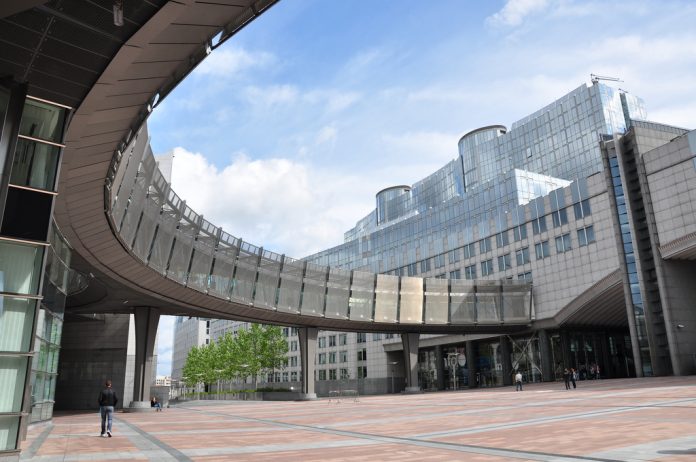The update of the EU body created in 2008, informally agreed on Thursday between MEPs and the Portuguese Presidency, aims to better transform European research into successful applications.
The EIT is the instrument bringing together the needs of innovators and researchers with higher education actions – the so-called “knowledge triangle”. It provides its Knowledge and Innovation Communities (KICs) with grants, monitors their activities, supports collaboration and disseminates results and best practice. Under the agreement, the EIT’s new priorities for the 2021-2027 period will be to contribute to the realisation of EU objectives and policies such as the European Green Deal, the European post-COVID recovery plan, strategies for small businesses and industry, the Union’s strategic autonomy and the United Nations’ Sustainable Development Goals. Among the provisions negotiated by MEPs and the Council Presidency, more flexibility for KICs working on the COVID-19 recovery, measures to broaden the geographical coverage of KICs and bridge the funding gap between western and eastern EU Members States, and a stronger focus on projects involving small and medium enterprises (SMEs). “This agreement brings financial sustainability to the Institute and all its KICs” said Maria da Graça Carvalho (EPP, PT) rapporteur on the decision on the Strategic Innovation Agenda. “We will have a better balance in terms of geographical diversity, gender representation and within the knowledge triangle itself – education, research, and innovation. We will also achieve simplification at the administrative, financial and structural levels” she said. “The EIT will have a better connection to regions and a binding budget for the Regional Innovation Scheme. We strongly reinforced the regional component. Finally, we will have two new KICs: one, starting in 2022, on the Cultural and Creative sectors and industries, and the other, starting in 2026, dedicated to all matters related to water, from rivers to oceans” she added. “The agreement we have reached will reinforce the important role of the European Institute of Innovation and Technology in order to better integrate research, education and innovation in decisive areas for Europe” said Marisa Matias (The Left, PT), rapporteur on the EIT regulation. “For the first time, resources were approved for cultural, creative sectors and industry, an area which is particularly affected by the pandemic and the economic crisis. It was also fundamental to affirm the importance of Water, Marine and Maritime Sectors and Ecosystems. The investment in science is proved to be the way for future”.
The informal agreement will be confirmed in the Industry, Research and Energy committee in the coming weeks.
The European Institute of Innovation and Technology was created in 2008 and is located in Budapest. It has become an EU body and aims to increase economic growth and job creation by promoting knowledge triangle activities (i.e. higher education, research and innovation). It operates through 8 knowledge and innovation communities (KICs) addressing societal challenges (such as digitalisation, urban mobility, climate and raw materials). The provision of KIC grants lasts up to 15 years. Currently, there are 1500 partners in business, education and research and more than 50 co-locations across Europe involved in the EIT network. For the 2021-2027 period, the EIT is an integral part of the Horizon Europe programme, on which an agreement was reached with Council in December 2020. The budget of the EIT will be of 2,96 billion euros.

